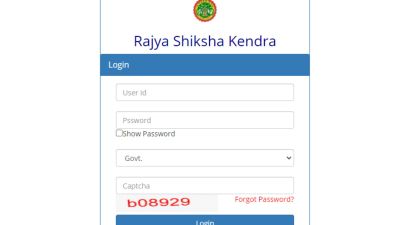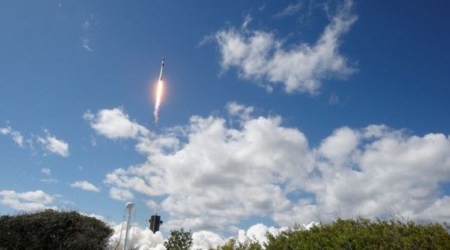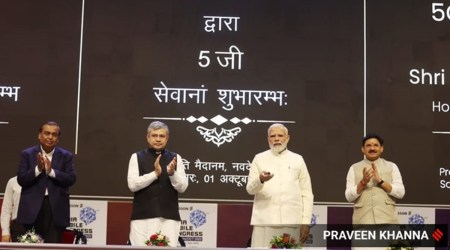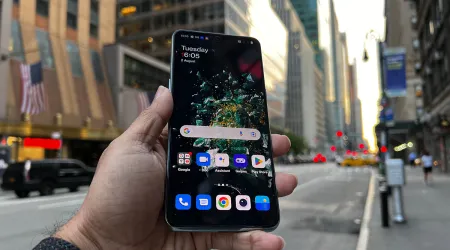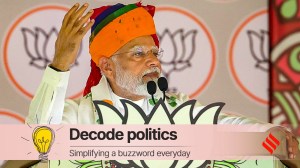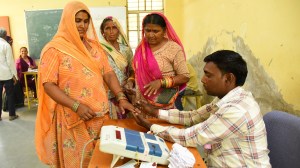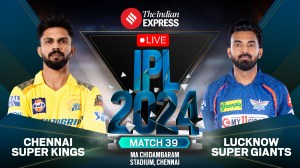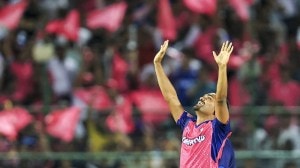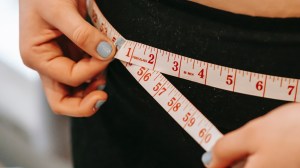- India
- International
Indian space candidates in their 30s picked for multiple space missions, says Russian expert
According to the Russian expert, the task of picking the final Indian candidates was no different from selections in other countries.
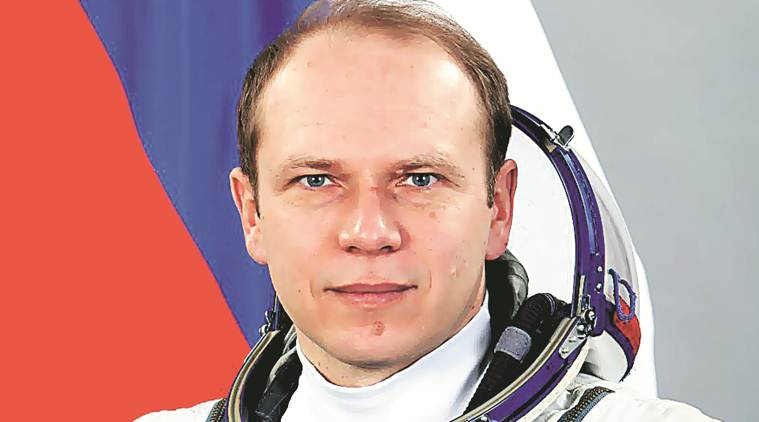 Oleg Valeriyevich Kotov
Oleg Valeriyevich Kotov
THE HEALTH condition of the four IAF test pilots shortlisted to be an astronaut on ISRO’s first ever human space flight by 2022 was evaluated for not just one but multiple missions spanning 5-10 years, according to a top cosmonaut who headed a Russian bio-medical team that helped pick them.
“We were selecting an Indian astronaut to be in the profession for a long time — not just one mission but many missions,” Oleg Valeriyevich Kotov said on the sidelines of a conference on Human Spaceflight and Exploration Thursday.
“We try to evaluate the health status of individuals for space flights over a long period of time. We are looking at the health of a candidate and providing a prognosis for the next few years — five years or 10 years. We are not selecting candidates for just one short mission,’’ said Kotov, whose team helped the IAF shortlist the Indian candidates for the Gaganyaan mission from 60 to four.
Read | Meet Vyommitra: ISRO’s half-humanoid will go to space before astronauts
Kotov, 54, is a cosmonaut and aerospace medicine expert with 526 days of experience in space between 2007 and 2014, including six space walks. He was a flight engineer on a mission to the International Space Station in 2007 and a commander for ISS missions in 2010 and 2013. He has been a leading doctor for 18 years at the Yuri Gagarin Cosmonaut Training Centre at Star City in Russia.

According to the Russian expert, the task of picking the final Indian candidates was no different from such selections in other countries.
“The Indian candidates were not very different from what we see in other parts of the world. They have to be very motivated, very strong, very healthy with very high psychological resistance. They have to be open, communicative, very friendly — and smiling is always good,” said Kotov, who is now responsible for the bio-medical programme of the ISS.
Read | ISRO’s manned mission to Moon will happen, but not right now: K Sivan
Keeping in mind that the astronauts should be available for multiple missions over time, the Indian candidates chosen to undergo generic training at the Yuri Gagarin centre from this month fall in the 32-35 years age group, he said.
“All candidates who I saw were high-quality because they were selected after a preliminary process by doctors on the Indian side using material that we provided. The candidates that came up for selection fit into a certain criteria already laid out,” he said.
According to Kotov, the final selection was more “complicated” since it involved evaluation of bio-medical parameters on an individual basis.
“It is not a simple system with a checklist where you pick a candidate if they match the checklist. We follow an individual approach for every candidate. It is about understanding the health system of the individual. We do not have people who are 100 per cent healthy. It is impossible to find a 100 per cent healthy person around the world because everyone has small deviations — not illness but deviations in anatomy,” Kotov said.
After their training at the Yuri Gagarin centre, the candidates will return for mission-specific training to India.
More Tech
Apr 23: Latest News
- 01
- 02
- 03
- 04
- 05











